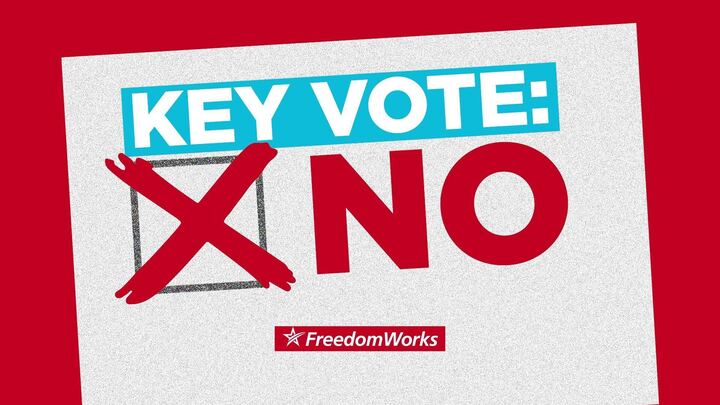Civil Forfeiture Allows Cities to Seize Private Property from People Never Charged with Crimes
The Institute for Justice is leading a class-action lawsuit against the city of Philadelphia and its’ civil forfeiture practices. This litigation comes in light of the city seizing a family’s home because unbeknownst to the parents, their son made a drug deal on the property worth $40.
Civil forfeiture laws allow police departments to seize private property, sell it, and use the proceeds to fund their operations. The real owners of seized property do not have to be convicted or even charged with a crime to lose their property. Government can seize property, such as a car or home, if it’s found to “facilitate” a crime. In essence, the government sues the property itself.
As strange as this all sounds, the names of cases pertaining to civil forfeiture sound even more bizarre, such as Commonwealth of Pennsylvania v. The Real Property and Improvements Known as 2544 N. Colorado Street; United States v. 434 Main Street, Tewksbury, Mass; and Commonwealth v. One 1958 Plymouth Sedan. The government literally sues a house or car, not a human. Innocent people can be punished for crimes that they did not even commit.
Even worse, the police departments use something known as equitable sharing, which hands over civil forfeiture cases to the federal government. Then, the feds allow police and prosecutors to keep about 80% of the profits. So even if state or local protections for property owners are there, enforcement can avoid these and still seize and profit off taken property using federal law.
While criminal forfeiture involves seizing property following a criminal conviction, under civil forfeiture, law enforcement can take your property without having to convict you of any crime. Further, those involved in criminal forfeiture are granted full constitutional rights, but those involved in a civil forfeiture receive none of these same protections, and you actually have the burden to prove your innocence, the exact opposite of how our legal system is supposed to operate.
Unfortunately, Philadelphia is not the only place in America where this is a problem. The Institute for Justice’s report “Policing for Profit” has revealed the nationwide practice of police departments profiting from civil forfeiture on real property. In 42 states, law enforcement can keep all the cash, cars and homes seized under civil forfeiture. The Institute for Justice graded the states on how well they protect property owners and only three states received a “B” or higher.
However, Philadelphia is disproportionately taking advantage of this flawed practice. According to Institute for Justice, from 2002-2012, Philadelphia received $64 million from civil forfeiture (about $6 million a year), and used $25 million to pay salaries of law enforcement, including civil forfeiture prosecutors, who all have incentives to see civil forfeiture continue with vigor.
The Institute recommends three changes to combat these actions:
1) Remove the profit incentive by reserving profits to the general treasury, education, or compensating victims
2) Reverse the burden of proof inversion – many people give up their cases because it is too hard to prove the property was not connected to the crime, even though that person is not even charged with a crime
3) Curb equitable sharing with a federal law ensuring that proceeds are distributed in accordance with state law so local agencies can’t get around state laws
Visit the Institute for Justice’s website http://endforfeiture.com to learn more about civil forfeiture.
Tell Your Senators: Support Rand Paul’s FAIR Act and Uphold the 5th Amendment



